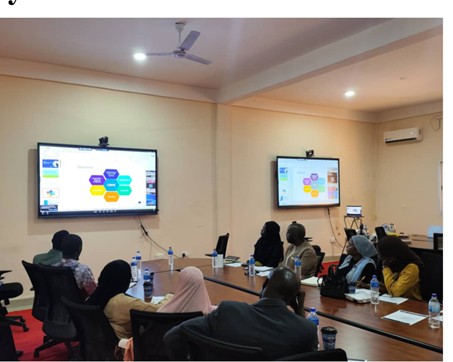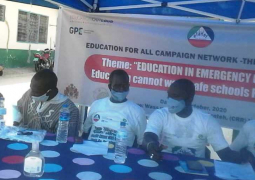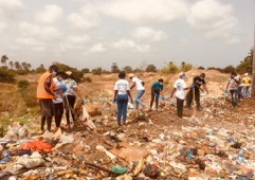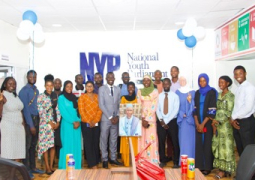
Speaking on behalf of the minister, the Deputy Permanent Secretary (Technical) at MoHERST, Mucktarr M. Y. Darboe, described the forum as a vital platform for Gambian institutions to deepen their understanding of the Erasmus+ framework and explore ways to maximise the benefits it offers in education, research, and innovation.
Darboe emphasised that Erasmus+ has become one of the world’s most impactful mechanisms for international cooperation in higher education fostering academic exchanges, capacity building, and institutional partnerships that have transformed learning systems and research globally.
“The Gambia, though making steady progress, must continue to strengthen its participation in this remarkable initiative,” he stated, noting that the country has already benefitted through scholarships, academic mobility, and capacity-building projects.
As the upcoming Erasmus+ Call for Proposals approaches, Darboe challenged participants to position themselves as active contributors and leaders in international education networks. He urged institutions to move beyond participation and aim to secure projects that directly respond to national development priorities while enhancing the country’s higher education and research ecosystem.
Representing the European Union, Buba Tamba underscored the significance of Erasmus+ as one of the EU flagship programmes supporting education, training, youth, and sports within Europe and beyond.
He explained that Erasmus+ provides extensive mobility and cooperation opportunities across higher education, vocational and adult learning, school education, youth, and sports sectors.
Tamba added that the programme has played a key role in bridging the gap between EU member states and partner countries such as The Gambia in promoting intercultural exchange, mutual understanding, and shared learning experiences.
“Since its inception, numerous students and staff have benefited from Erasmus+, engaging in fruitful exchanges that not only enrich academic knowledge but also strengthen people-to-people connections essential for fostering tolerance and cooperation,” he said.





